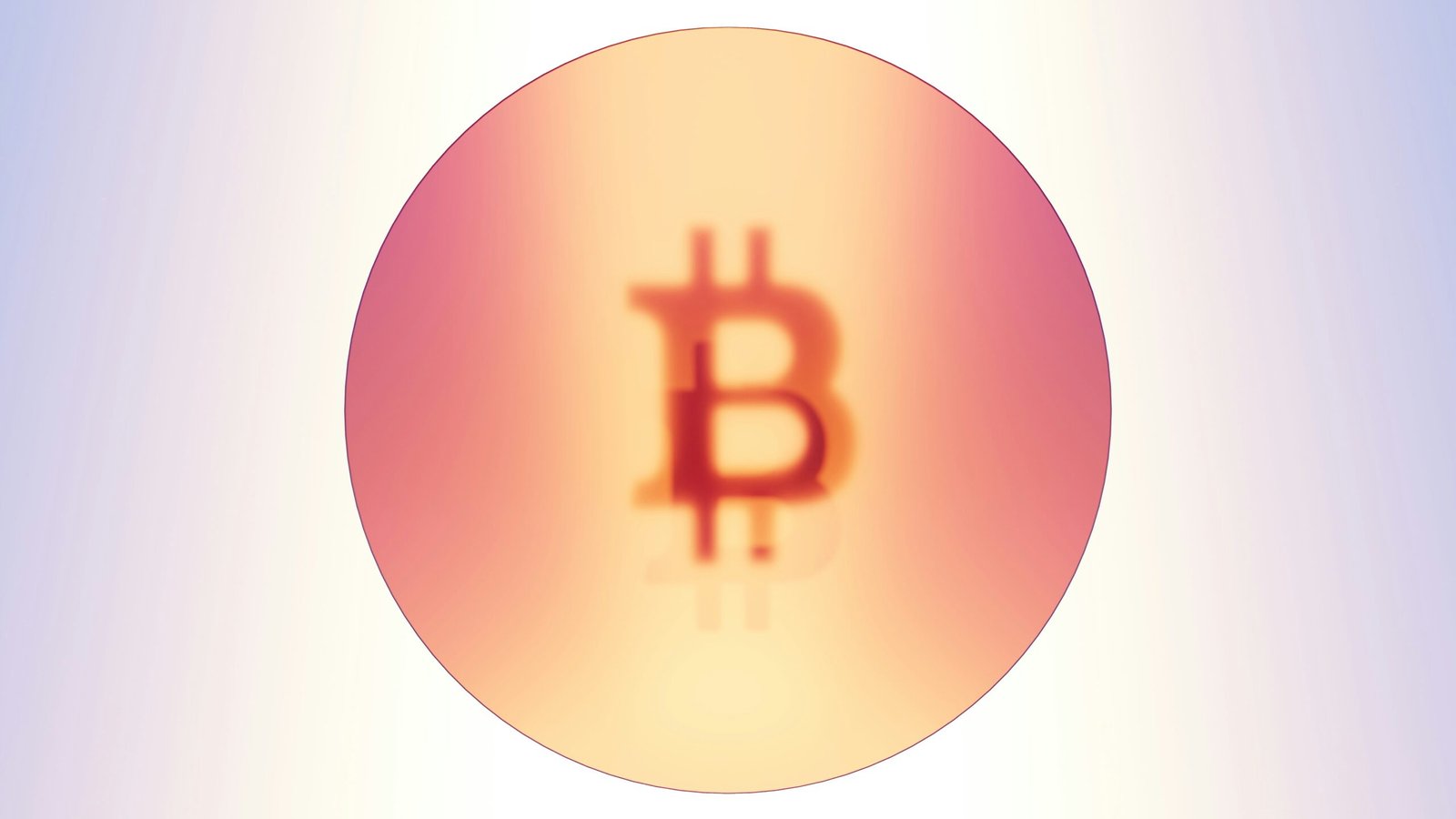Understanding Bull and Bear Markets in Blockchain Investing
Introduction to Bull and Bear Markets Bull and bear markets are fundamental concepts in investing, crucial for understanding market dynamics. A bull market is when securities’ prices, like stocks, are rising or expected to rise, driven by strong economic indicators, investor confidence, and overall positive sentiment. Conversely, a bear market is characterized by a 20% or more decline in prices from recent highs, sustained over a period, often accompanied by pessimism, economic downturns, and reduced investor confidence. These trends are essential not only in traditional finance but also in blockchain and cryptocurrency markets. Traditional markets’ bull and bear phases can last for months or years, influenced by economic cycles, geopolitical events, and policy changes. In contrast, blockchain and cryptocurrency markets experience these cycles faster due to inherent volatility, evolving regulatory landscapes, and the technology’s nascent nature. Understanding bull and bear markets in blockchain investing is vital for novice and seasoned investors. In a bull market, the surge in cryptocurrency prices can lead to significant returns, creating growth and innovation opportunities within the industry. Conversely, bear markets can be periods of consolidation, where weaker projects are weeded out, and stronger ones focus on development and sustainability. Comprehending these market cycles allows investors to make informed decisions, capitalizing on bull markets’ optimism and navigating bear markets’ challenges. This foundational knowledge aids in managing expectations and developing robust investment strategies tailored to blockchain and cryptocurrency markets’ unique dynamics. Characteristics of a Bull Run in Blockchain A bull market in the blockchain sector is marked by rising asset prices and increased investor confidence. One prominent indicator is the significant appreciation in cryptocurrencies’ value, drawing in more investors and creating a positive feedback loop of growing prices and market enthusiasm. Historically, bull runs in the cryptocurrency market have seen notable increases in trading volumes. For instance, the 2017 bull run saw Bitcoin and other cryptocurrencies reach unprecedented heights, driven by a surge in trading activity across global exchanges. This period was characterized by widespread media coverage, fueling public interest and participation. Investor confidence during a bull run is bolstered by technological advancements in the blockchain space. Innovations like decentralized finance (DeFi) platforms, layer-2 scaling solutions, and improvements in blockchain interoperability enhance the perceived value and utility of blockchain assets. These technological breakthroughs create a sense of optimism and potential among investors, contributing to the bullish sentiment. Regulatory news and market sentiment also influence bull runs in the blockchain market. Positive regulatory developments, such as the approval of cryptocurrency exchange-traded funds (ETFs) or favorable legislative changes, can significantly impact market dynamics by providing legitimacy and security to the blockchain ecosystem. Conversely, negative regulatory actions can dampen enthusiasm and trigger market corrections. Examples from past bull runs illustrate these characteristics. The 2020-2021 bull run was driven by institutional adoption of cryptocurrencies, with companies like Tesla and MicroStrategy making substantial Bitcoin investments. Additionally, the COVID-19 pandemic accelerated digital assets’ adoption as a hedge against economic uncertainty, further propelling the market upward. These historical instances highlight the interplay between market sentiment, technological progress, and regulatory developments in bull runs. Understanding a Bearish Trend in Blockchain A bearish trend in the blockchain market is marked by sustained asset price declines, diminishing investor confidence, and reduced trading volumes. These indicators signal a bear market, causing investors to adopt a cautious approach. In blockchain investing, a bearish trend has significant implications due to cryptocurrencies’ high volatility. A primary characteristic of a bearish trend is the consistent fall in asset prices over a prolonged period. This downward trajectory often triggers panic selling, exacerbating the decline. For example, the cryptocurrency market experienced a bear market from late 2017 to early 2019. Bitcoin plummeted from nearly $20,000 in December 2017 to around $3,200 by December 2018. This drastic drop was mirrored across other cryptocurrencies. Decreased investor confidence is another hallmark of a bearish trend. As prices fall, investors become wary of potential losses, leading to a risk-averse mindset. This sentiment was evident during the 2018 bear market when high-profile security breaches, like the Coincheck hack, and regulatory crackdowns, such as increased scrutiny from the U.S. Securities and Exchange Commission (SEC), significantly dampened market sentiment. These events created uncertainty, further driving down prices and participation. Lower trading volumes also indicate a bearish trend. When market participants are reluctant to trade, liquidity diminishes, making it harder to execute large transactions without impacting prices. This reduction in market activity was observed during the 2018 bear market, where trading volumes across major exchanges dwindled, reflecting the broader lack of confidence and interest in the market. Several factors can precipitate a bearish trend in the blockchain industry. Regulatory crackdowns can instill fear and uncertainty among investors. Security breaches, like hacking incidents, undermine trust in the ecosystem’s safety and reliability. Market corrections, natural adjustments following periods of rapid growth, can also lead to prolonged downturns. Understanding these dynamics is crucial for investors navigating the blockchain market’s complexities. Implications for Investment Decisions Understanding bull and bear markets’ dynamics is crucial for making informed investment decisions, especially in blockchain and cryptocurrency’s volatile world. In a bull market, characterized by rising asset prices, investors often experience increased confidence, leading to higher investment activity and potential gains. Capitalizing on a bull run requires a well-thought-out strategy, including timely entry and exit points, allowing investors to maximize profits while managing risks. On the other hand, a bear market, marked by declining prices and pervasive pessimism, poses significant challenges. During such periods, risk management becomes paramount. Investors should consider strategies like dollar-cost averaging, which involves spreading out investments over time to reduce market volatility’s impact. Maintaining a diversified portfolio can help mitigate losses, as not all asset classes respond to market downturns similarly. Market timing plays a pivotal role in both bull and bear markets. Having a keen sense of when to enter or exit positions can significantly influence investment outcomes. This requires staying informed about market trends, news, and developments within the blockchain and cryptocurrency sectors. Continuous research and using analytical tools can provide valuable…





